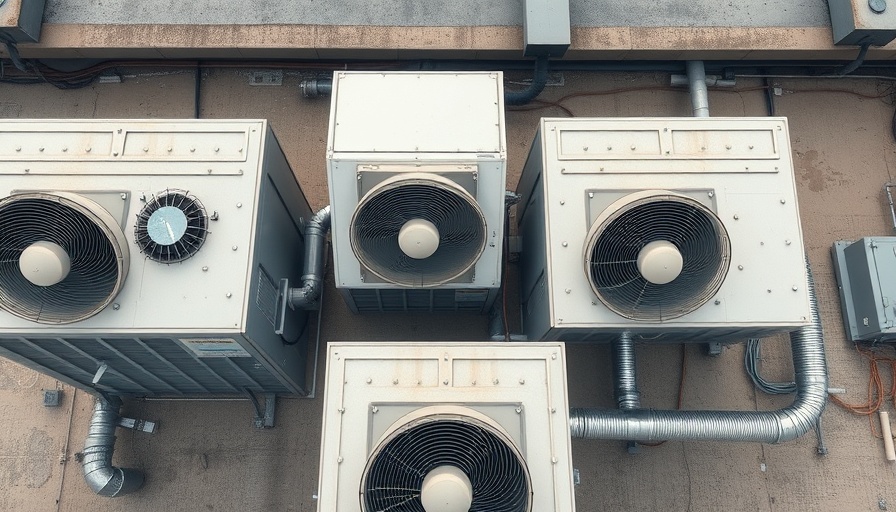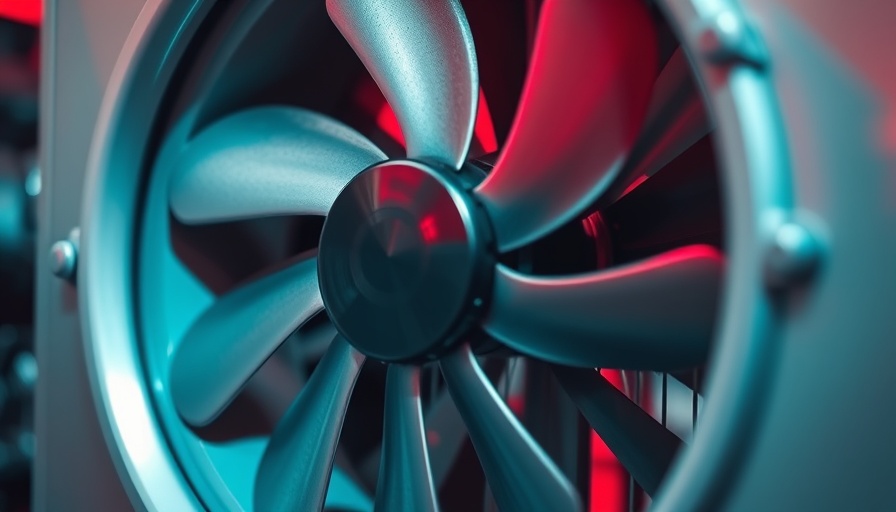
Understanding How Professionals Tackle Mouse Infestations
Homeowners often dread the thought of uninvited rodent guests. When it comes to dealing with mice, turning to professional exterminators is a popular choice. These experts employ a comprehensive approach to ensure that households can regain their peace without the constant worry of relentless scratching sounds in the walls or the unsightly droppings that often accompany mouse activity.
Effective Strategies Used by Exterminators
Professional exterminators do not simply lay down traps and hope for the best. They start by identifying how these little pests are entering homes; a critical step that often involves sealing up gaps and potential entry points. Removal of any easy food sources ensures that the mice aren’t incentivized to linger. Traps and bait stations are then strategically placed in areas where mouse activity is noted. Depending on the severity of the infestation, chemical treatments might also be employed as a final measure, although this is typically avoided unless absolutely necessary.
Financial Considerations: Cost of Extermination Services
Most homeowners can expect to spend between $300 and $600 for a professional extermination service. The overall cost can vary significantly, particularly for larger infestations or if a long-term prevention plan is instituted, which can exceed $1,000. However, given the potential damage that mice can cause — including contaminated food and chewed wires — this investment can be considered a sound decision for home safety.
Long-term Prevention Tips for Homeowners
Once the immediate threat has been addressed, homeowners should consider preemptive measures to keep their homes mouse-free. Regular inspections for potential entry points, maintaining a tidy kitchen to eliminate food sources, and being mindful of how items are stored can significantly reduce the chances of future infestations. Simple preventative practices, such as sealing cracks and ensuring garbage bins are sealed, can make a world of difference.
The Importance of Addressing a Mouse Problem Early
As any seasoned exterminator will tell you, a small mouse issue can escalate quickly. Not only do mice reproduce rapidly, but they also carry diseases that pose a real threat to household health. To avoid a situation spiraling out of control, homeowners should remain vigilant. If you notice signs of mice, taking prompt action is crucial.
In conclusion, understanding how exterminators eliminate mouse problems and implementing your own preventative measures is vital for maintaining a safe and healthy home environment. By keeping an eye on potential risks and acting quickly, you can help safeguard your living spaces from these pesky invaders.
 Add Row
Add Row  Add
Add 




Write A Comment